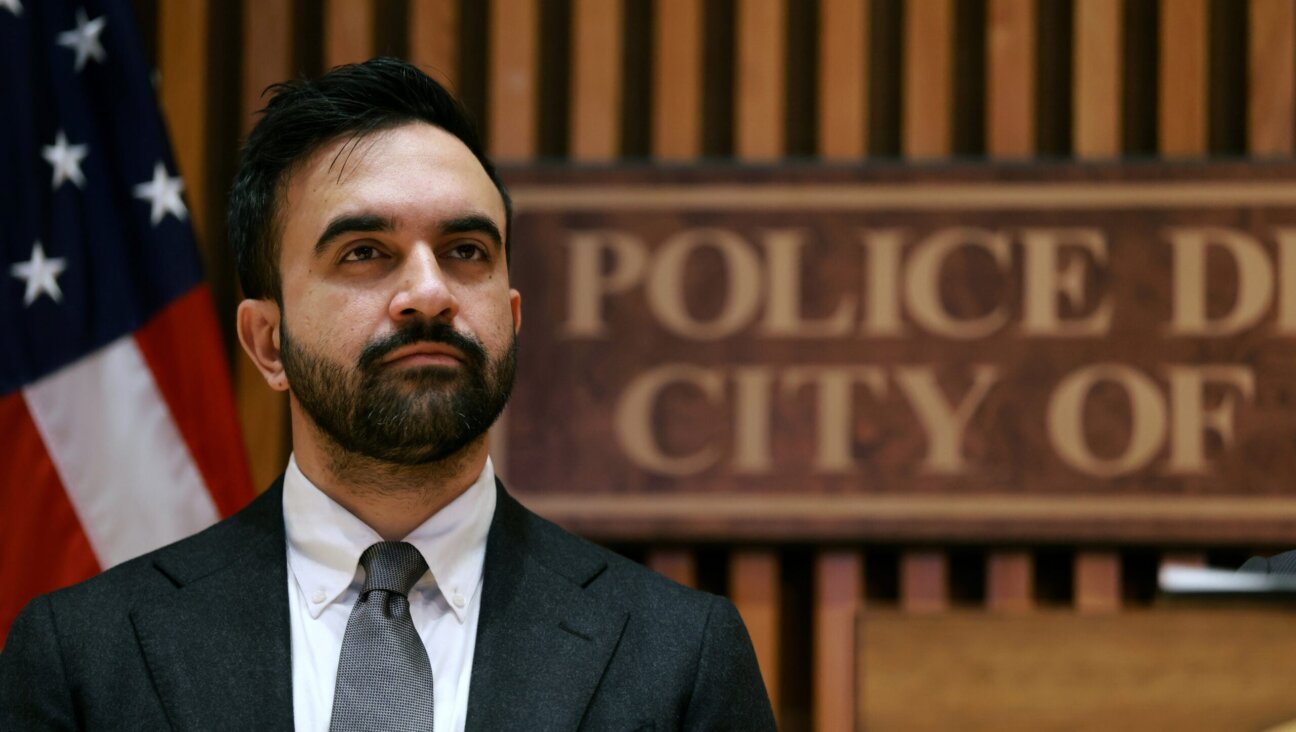Who Will Send Troops To Save Darfur?
Last week the United Nations secretary general, Kofi Annan, proposed sending a 24,000-strong peacekeeping force to Darfur and called for international efforts to secure the Sudanese government’s consent to the plan. However, he knows full well that U.N. member states are unlikely to deploy troops to Sudan without the Sudanese government’s consent. The situation, in short, is this: unless the U.N. is willing to back military intervention into Darfur, the genocide will continue.
One need only look at what has happened to the peace agreement signed four months ago between the government and the Sudan Liberation Movement, the main rebel group in Darfur. The agreement provided the slightest ray of hope for the people of western Sudan, but its viability hinged on the deployment of a robust U.N. peacekeeping — and when needed, peacemaking — force.
After signing the accords, Sudanese government officials said they would drop their longstanding objection to such a U.N. force. Two days afterward, the government revised its position, saying only that the matter might be up for discussion — and that discussion is now already over.
In early June, Sudanese President Omar al-Bashir vowed never to allow a U.N. peacekeeping mission in Darfur. “This shall never take place,” al-Bashir told reporters. He characterized the very idea of an intervention force as some sort of imperial ruse: “These are colonial forces and we will not accept colonial forces coming into the country.”
Meanwhile the fighting continues, attacks on civilians and aid workers are escalating, and the humanitarian crisis has gone from dreadful to worse. Darfur’s ongoing tragedy highlights a fundamental contradiction at the heart of U.N. peacekeeping efforts: Forces are only deployed with the agreement of the government’s party to a conflict.
While this injunction ostensibly makes sense — violation of another state’s sovereignty is one of the most egregious acts under international law — it also accounts for the perversity of the present situation. The decision to take the necessary steps to end the genocide is left in the hands of the very perpetrators of the genocide.
This begs the question: Under what circumstances does a government forfeit the protections and privileges of sovereignty? Even more vexing: Who decides?
That the U.N. is the obvious and preferable choice to sanction and undertake a multilateral military intervention is obvious. That the U.N. has proven itself wholly inadequate at the task is equally obvious.
Without a standing army at his disposal, the U.N. secretary general can only wield the weapon of shame. But what happens when shame is not enough, and the murdering persists? In theory, the U.N. Security Council could make a collective decision to act. In reality, the divergent interests of member states almost always guarantee stalemate and inaction.
One way out of this sovereignty conundrum is to be found in the thinking of political theorist Michael Walzer. “Collective decisions to act may well exclude unilateral action,” he has argued, “but collective decisions not to act don’t have the same effect…. If there is no collective response, anyone can respond. If no one is acting, act.”
Local forces, international protest and diplomatic maneuvering — all have failed to end the genocide. It is finally time for a lucid reckoning: What do we owe strangers by virtue of our shared humanity? And if we agree that the killing fields of Darfur are an intolerable affront to human decency, do we then have a moral obligation to act?
The war in Iraq has generated a great deal of cynicism, both at home and abroad, about the United States assuming an interventionist stance toward grave humanitarian crises. A recent survey by the Massachusetts Institute of Technology found that a plurality of those polled agreed that “the United States should take care of the well-being of Americans and not get involved with other nations.”
While understandable, this is a troublesome sentiment — especially when coming from liberals, who have historically been proudly idealistic and committed to the internationalist principle of solidarity with the oppressed. More than troubling, it is tragic, because military intervention is precisely what is required to end the genocide in Darfur.
Evan Goldstein is a contributing editor at Moment Magazine and co-editor of the small-d Web site.
















